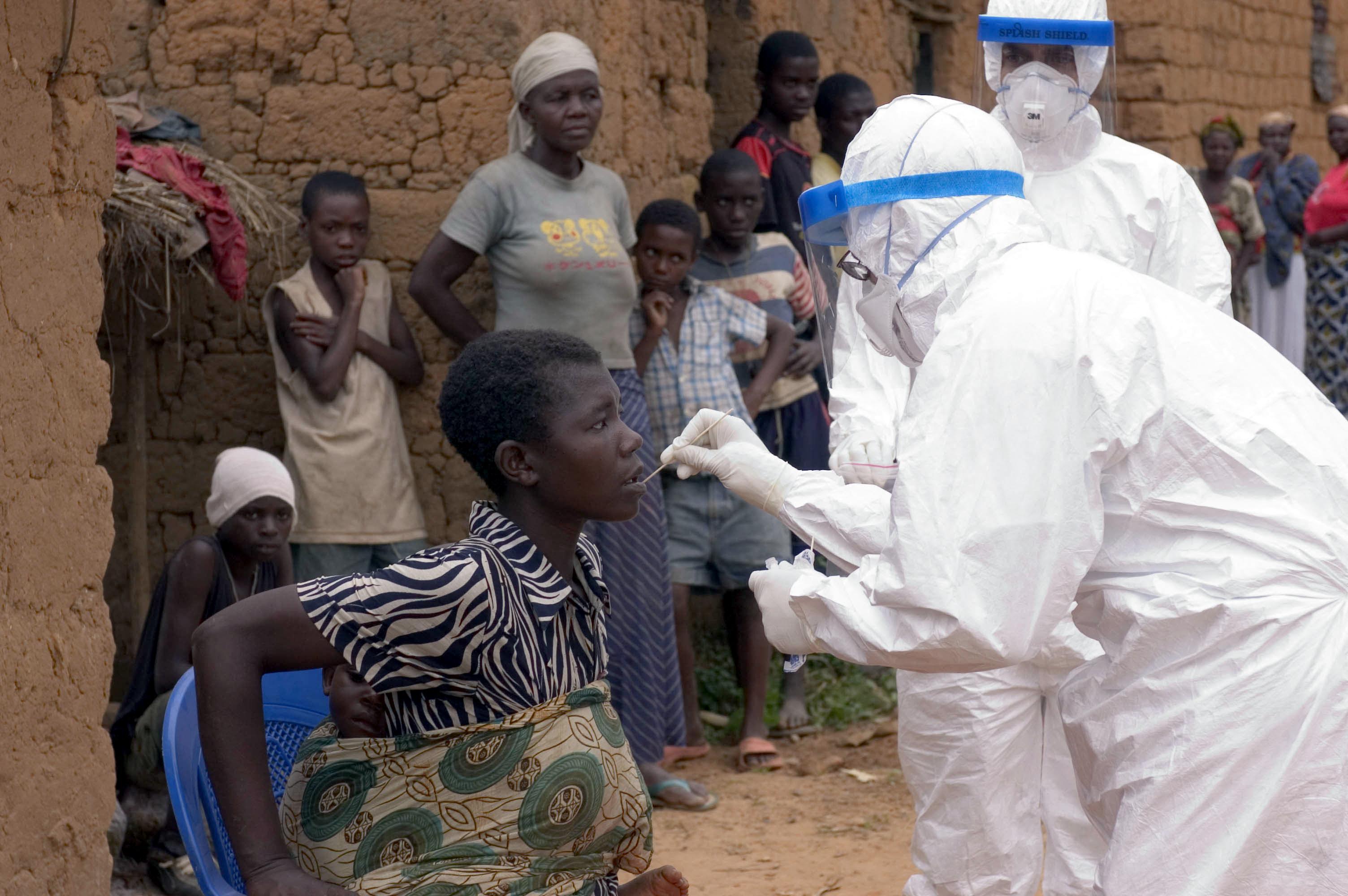Two KU Leuven students repatriated from Rwanda due to Marburg virus outbreak

Two KU Leuven students who were interning at a hospital in Kigali, the capital of Rwanda, have been brought back to Belgium due to an outbreak of the Marburg virus. The virus, highly contagious and deadly, has so far infected 28 people and caused 11 deaths in the country.
KU Leuven stressed that it is closely monitoring the situation in coordination with Belgium’s Federal Public Health Service. The two repatriated students were undertaking internships in a hospital, which posed an increased risk of exposure to the virus. “They left yesterday (Wednesday) and returned home this morning (Thursday) in good health,” the university said. “The aim is for them to resume their internships here as soon as possible.”
Meanwhile, three other KU Leuven students remain in Rwanda, along with a doctoral student supervising them. “They are still on-site, but they are not involved in healthcare work. They are conducting research in rural areas,” the university explained. “We are in close contact with them and are keeping a close watch on the situation. If necessary, we will also ask them to return to Belgium.”
Additionally, six students from Ghent University (UGent) are expected to return to Belgium this weekend, according to De Morgen. These include five students from the Faculty of Medicine and Health Sciences and one student from the Faculty of Economics and Business Administration.
The Marburg virus, related to Ebola, spreads through body fluids and causes severe symptoms like high fever, headaches, and muscle pain, with fatality rates of up to 88%. However, with early diagnosis and intensive care, the mortality rate can drop to 20%.
The Belgian government has asked Belgians in Rwanda to be alert for the Marburg virus. It considers an outbreak in Belgium unlikely but recommends that anyone returning from Rwanda who develops symptoms within three weeks contact a doctor immediately.
#FlandersNewsService | Doctor Mark Katz, a member of the World Health Organisation (WHO), takes an oral sample from a patient suspected of having Marburg haemorrhagic fever in Kinguangua, Angola, during an outbreak in 2005 © AFP PHOTO WHO CHRISTOPHER BLACK